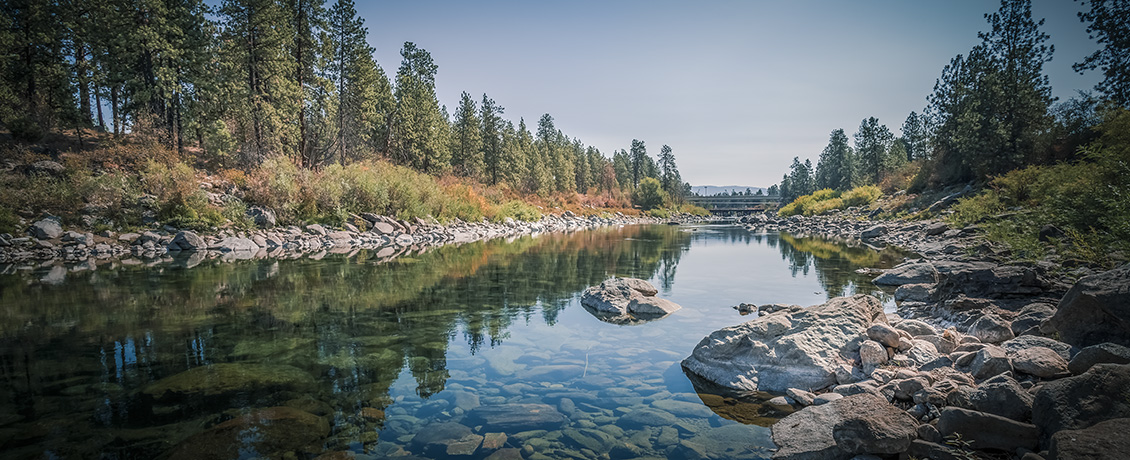
There are real challenges facing the world’s water supply.
Climate change, urbanization and industrial waste have transformed oceans, rivers, lakes and wetlands globally, but the impact can be seen most clearly at home.
Canada is experiencing some of the world’s most rapid warming, which is having a profound impact on its water resources. The country is facing a future of floods, droughts and other extreme weather events, as well as changes in the predictability of water quality and quantity.
In 2013, Wilfrid Laurier University opened the Centre for Cold Regions and Water Science to answer some of the most pressing questions about water, as well as environmental and resource issues, in cold regions.
“Canada holds a substantial amount of the world’s fresh water and we therefore have a global caretaker responsibility to that water and the ecosystems within it,” said Deborah MacLatchy, Laurier’s provost and vice-president academic and a founding member of the Laurier Institute for Water Science and Canadian Rivers Institute.
This fall, a $78-million investment by the Government of Canada furthered Laurier’s position as a global leader in cold regions water science.
The funding, awarded to the University of Saskatchewan and its partners Laurier, the University of Waterloo and McMaster University, contributes to a cross-university collaborative project entitled Global Water Futures: Solutions to Water Threats in an Era of Global Change. The project is the largest university-led water research program ever funded and one of the largest water science collaborations in the world.
The project will support numerous Laurier faculty members investigating water issues and will significantly bolster Laurier’s long-standing partnership with the Government of the Northwest Territories. Through the partnership, Laurier researchers and students work alongside government partners to address critical water issues facing the territory.
“The scale of this collaboration and support will allow Laurier researchers to bring our extensive network of living laboratories across the Northwest Territories to bear on addressing solutions to water futures in the north,” said Jennifer Baltzer, associate professor in the Department of Biology and Canada Research Chair in Forests and Global Change. “The resulting cross-cutting, integrative research will foster solutions to the pressing issues that communities, industry and governments are experiencing surrounding water security in the face of global change."
The cutting-edge research being done at Laurier’s Centre for Cold Regions and Water Science and the Laurier Institute for Water Science will have a direct impact on the future of Canada’s water supply, as well as the organisms, plant and animal life that depend on them.
Laurier is also a network member of the Canadian Rivers Institute and the Southern Ontario Water Consortium, which augments Laurier’s opportunities to respond to national water challenges.
The Canadian Rivers Institute is a network of 22 science directors and their multi-disciplinary research teams based at 14 universities and institutions across Canada and abroad. MacLatchy is one of five Canadian Rivers Institute-affiliated professors at Laurier.
Southern Ontario Water Consortium brings private companies and academic researchers together to accelerate and commercialize innovative water technologies.